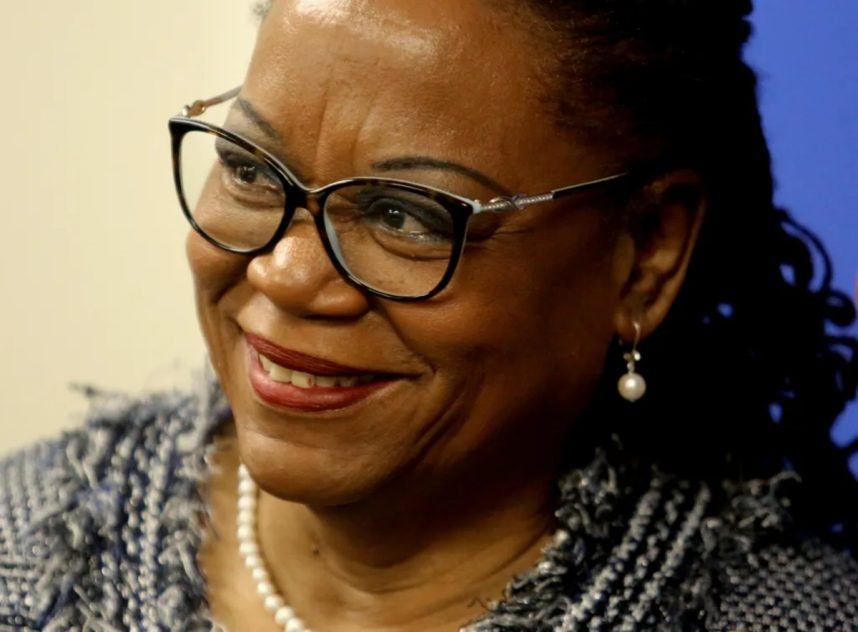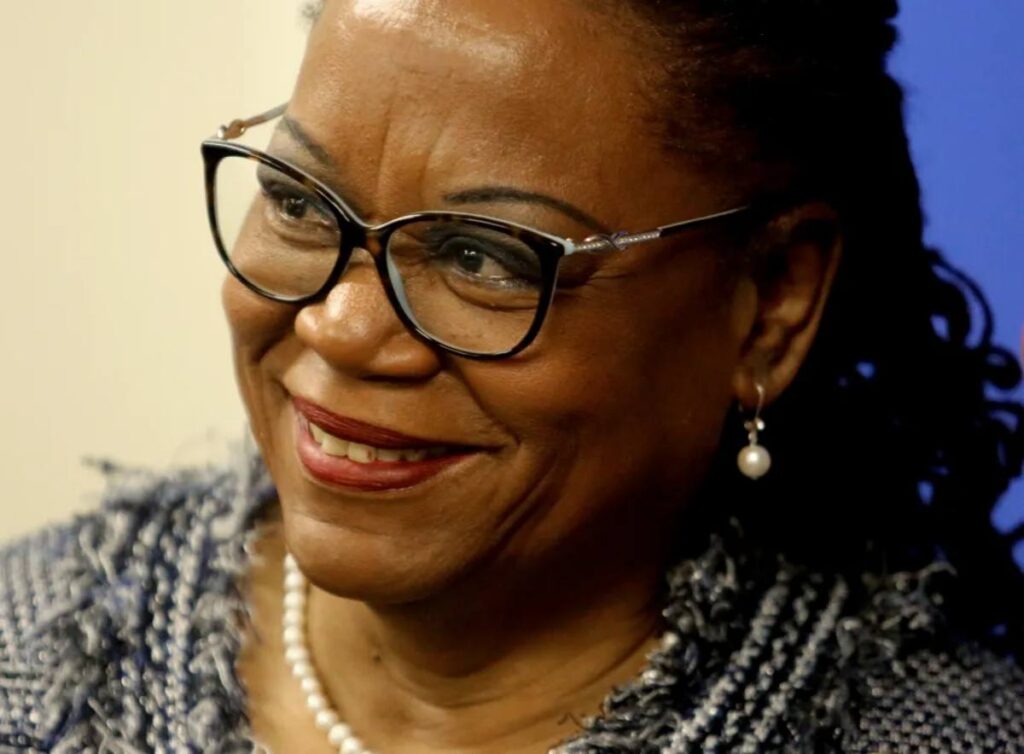Posted on: January 7, 2025, 01:47h.
Last updated on: January 7, 2025, 02:09h.
Virginia is the latest state to see a statute to authorize online casino gambling filed in its capital.

It’s the start of a new year, and with state legislatures assembling for their 2025 sessions, gaming is once again front and center in several capitals. Virginia joins Maryland in having an iGaming bill filed ahead of its General Assembly convening.
On New Year’s Eve, state Sen. Mamie Locke (D-Portsmouth) prefiled Senate Bill 827. The statute will officially become a proposed law when the Virginia General Assembly convenes on Wednesday.
SB 827 would allow the state’s five commercial brick-and-mortar casinos — Rivers Casino Portsmouth, Hard Rock Hotel & Casino Bristol, Caesars Virginia in Danville, Boyd Gaming’s project in Norfolk, and Cordish Companies’ Live! Casino & Hotel Virginia in Petersburg — to pursue online gaming privileges. As currently written, each casino would be allowed up to three iGaming skins, or unique online casino brands.
Each license would cost $1 million per five years. The bill proposes taxing gross revenue from online casino websites and apps at 15%.
Expected Opposition
Locke’s push to initiate online casino gambling will presumably meet pushback. The Cordish Companies, which last fall secured the development rights to a casino resort in Petersburg, has been steadfast in its opposition to iGaming in markets across the country where it operates.
Last month, Cordish’s General Counsel Mark Stewart testified before lawmakers in Louisiana that “iGaming means less foot traffic to casinos. Less foot traffic means less revenue. Less revenue means less reinvestment.”
Cordish, which does operate online casinos in Pennsylvania where it runs two brick-and-mortar casinos, has also expressed opposition to iGaming in Maryland. During the state’s mulling of a House bill last year to expand gambling to the internet, Stewart testified that iGaming is a jobs killer and brings “more financial pain than gain” for the state.
“Online gambling is very different than in-person casino gaming. At Maryland’s casinos, regulations and the casinos’ procedures are geared to create a pause in the action and make patrons think twice before placing that next bet,” Stewart said.
Patrons must travel to the casino. Credit cards cannot be used. Employees are trained to identify problem gambling and intervene. Patrons are not allowed to gamble while drunk or high. Security personnel stop underage individuals from gaining access to gaming. Online gambling lacks many of these protections,” Stewart concluded.
MGM Resorts, though not directly invested in Virginia, would also presumably oppose an iGaming push. Last year, MGM lobbied heavily against gaming expansion in Virginia, specifically in the northern affluent region that’s near the company’s MGM National Harbor in Oxon Hill, Md.
In 2024, MGM spent approximately $755K on political activities in Virginia. The lobbying went against efforts to establish a regulatory environment for controversial skill games and a legislative push to allow a casino in Fairfax County.
Too Fast to iGaming?
While many casino operators, including Boyd and Caesars, have expressed support for iGaming and contend that online casinos are “additive” to their overall in-person operations, with Virginia’s commercial casino industry still relatively young, their enthusiasm might be a bit curbed in the commonwealth for online casinos at this juncture.
Only three of the five permanent resorts have opened. Rivers Portsmouth opened in January 2023, Hard Rock Bristol in November 2024, and Caesars Virginia last month.



